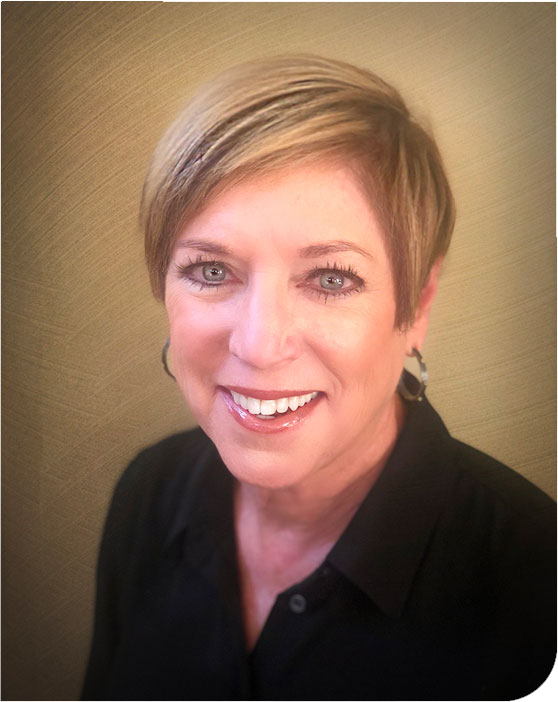When Minnesota State Mankato alumna Candace Raskin ’86, ’93 returned to the University to lead its Center for Engaged Leadership, she brought decades of experience from her time as a leader in secondary education.
Her biggest goal, however, was not to simply equip upcoming principals and superintendents with tools and techniques to lead their school systems but rather teach them something greater: how to look through the lens of educational equality.

“[I was] interested in creating a different type of principal and superintendent, one with racial consciousness,” Raskin explained. “I could see very clearly that we have systemic racism, and it’s really infused in our system. How do we help sitting superintendents and principals to make that change?”
Working with her colleague Melissa Krull, Raskin developed the Institute for Creative Leadership, which is run out of the Center. The Institute offers professional development for preschool through 12th-grade principals and superintendents in Minnesota, working in partnership with the Minnesota Equity Education Partnership (MnEEP). It offers two programs: the two-year Institute for Courageous School and District Leadership and the one-year Teacher Leadership Institute.
The Institute has worked with more than 700 school leaders and partnered with 17 school districts across Minnesota in the past nine years. Raskin explained that the first year of the program is focused on interior development, helping school leaders realize their own biases and messages that they’ve been taught about race throughout their lives. The second year is focused on giving them tools and resources to affect positive change in their schools and ensure all students have access to learning and opportunities.
“[When I was in college], I was taught the technical skills, like how to make a schedule, but never through the lens of how it affects our brown and black children,” Raskin said. “Our country is browning. Our kids are browning. We look different, and we are not educating our black and brown kids. The only way we’re going to overcome that is look at what are the practices and policies that we have put into systems.”
‘We’re helping people see what they didn’t see before so that they can do better.’
Candace Raskin
In addition to the leadership programs, Krull spent the past several months compiling the Institute’s two-year curriculum into a book, which was published in April. Raskin and Krull have also been working to launch a national institute that is available online, after seeing how successfully they were able to offer their program virtually during COVID-19 shutdowns. The goal is to launch the national institute next January and only continue offering hybrid classes in Minnesota moving forward.
The Center has also had an impact on the University itself, according to Jean Haar, dean of the College of Education, which works in collaboration with the Center.
“The work that the Center has initiated has really prompted the College of Education to take a closer look and think about, ‘Are we doing the right things?’” she said. “We’re trying to look at those things more carefully to understand what has to change in order to make sure people feel welcomed and have the opportunity to advance their professions and lives. We really [want to] nurture and encourage individuals of color to feel welcome and be successful in getting prepared for whatever degree or career they’re pursuing. That’s only going to help benefit the profession, their communities and our society.”
While the Institute’s first cohort had only 21 participants nine years ago, Raskin said they’re now full to capacity every year, capping the number around 60 people. It’s an encouraging sign to her that school leaders want to learn what the Institute is teaching.
“When our folks leave, they’re conscious,” Raskin said. “We’re helping people see what they didn’t see before, so that they can do better. I just want to build an army of leaders who have the courage and the skills and the ability to see things, to change what’s happening for kids.”
Speak Your Mind